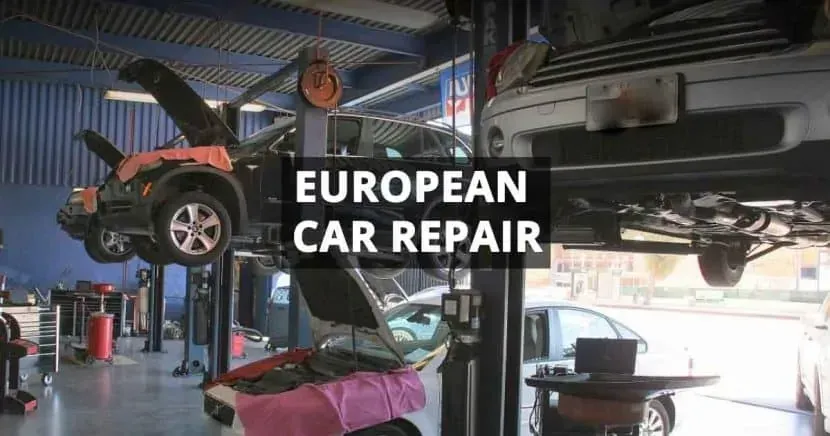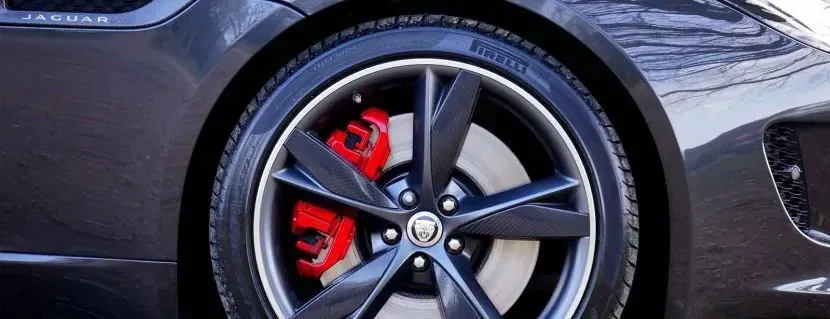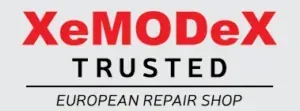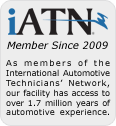Transmission Service Los Angeles
Transmission service for European cars is a vital part of car maintenance. Failure to properly service your automotive transmission could lead to expensive replacement and repair costs. This article will examine all you need to know about your European car transmission including frequently asked questions.
What Is A Car Transmission?
In simple layman terms, a transmission is a gearbox. It is a mechanical control that controls the application of power from the car’s engine to its wheel. The car engine generates torque converted to mechanical energy and transferred to the wheel through the transmission. As the wheel turns, the car engine requires less engine to run. The transmission, through a combination of gears, can manipulate the car’s speed.
Transmission: Manual vs Automatic
Modern European cars come in either manual or automatic transmission. In manual transmissions, the driver controls the shifting of the gear through combinations of gears, while automatic transmission allows the car to shift the gear for the driver.
Manual transmission makes use of a stick shift and a clutch that is located between the brake pedal. When the driver steps on the clutch, mechanical power is stopped from the engine to allow you to change the gear. This means that each gear shift will cause disengagement of energy from the engine.
In contrast, an automatic transmission was invented to solve this energy disruption during a gear change. Once the car gear is placed in drive, the car automatically shifts gears using fluid pressure through a planetary gear series. Rather than using a clutch, it uses a torque converter that functions as a clutch and a fluid used to control the gear planetary set.
How Do I Know If My European Car Needs Transmission Repair?
As a car driver, you must have come across the phrase that your vehicle is always trying to communicate. This is 100% true! Your car will give you signs that your European car is developing an issue if you pay close attention. If your European vehicle shows any of these signs, you may have a bad transmission and need urgent repair.
Stuck in neutral
When your European vehicle refuses to change gear or is stuck in neutral, this is a sign that the vehicle transmission is damaged. Your vehicle may need its transmission fluid topped if low.
Delay in the gear shift
Should you notice a gear shift delay, this may signal that your European car transmission is bad and will need replacement or repair. This delay may be seen when the car gear is shifted from drive to park. If you noticed these signs in your vehicle, have an ASE certified technician inspect the issue.
Transmission fluid leakage
If you notice a transmission fluid leakage in your European car, this may signal that your vehicle’s transmission needs repair. Your car’s transmission should never leak as such leakage could cause other damages to your European vehicle. It also causes an inefficient change in automatic transmission. This leak should be taken seriously and fixed soon.
Noisy shift
Noises, especially in gear shift, may indicate a bad transmission. Such sounds will include bumping and scratching sounds, especially when your car is in neutral gear. Many factors such as using the wrong transmission fluid, bad gear teeth or low fluid could cause the noise in your European vehicle. You should take your car to an expert to diagnose and fix the cause.
Burning smell
A burning smell coming from your car is never a good sign. Where there is a shortage of transmission fluid, this may result in overheating, increased wear and tear, and corrosion. You should check that there is enough transmission fluid in your car to prevent damage to your transmission. In addition, check for leakages that could cause the burning smell due to fluid contact with heat from the engine.
Transmission Servicing for European cars
Driving your European car with a bad transmission can be a problematic experience for even expert drivers. We shall highlight and explain all you need to know about servicing your European car’s transmission for an optimal driving experience but it is highly recommended only a trusted repair shop employing ASE certified technicians should complete the following tasks.
● Empty the transmission fluid: the first step to servicing the transmission of your European car is to empty the transmission fluid.
● Clean dirt from the oil pan: Next, clean the oil pan removing dirt and debris that might have entered the pan.
● Replace the filter: The filter needs to be clean and free of debris. If you notice a tear or damage on the filter, it also needs to be replaced with a new one.
● Inspect the controls: Inspect all controls of your vehicle’s transmission thoroughly.
● Fix the pan with a new gasket: After cleaning the pan, fix it into position with a new gasket to ensure a proper seal and prevent fluid leakage.
● Refill with recommended transmission fluid: get a recommended transmission fluid and fill it into the appropriate gauge.
● Ensure there is no leakage: After refilling with new transmission fluid, inspect the car engine to ensure no leakage.
● Test the transmission: Take the car for a drive and ensure that the transmission shifts to a new gear efficiently.
Additional FAQs
01. When should I get my car’s transmission serviced?
For new cars, it is advised that the transmission fluid be changed at 60,000 miles, after which a transmission service should be carried out every 20,000-30,000 miles. This should be around 2 to 3 years, depending on how often you drive your car.You should refer to car manual for adequate instructions.
02. What happens if I drive with a bad transmission?
Driving a car with a damaged or unpredictable transmission can be very dangerous, especially when driving at high speed. Your car can fail to move to another gear, shake uncontrollably and even slip into an unplanned gear. You should avoid driving a vehicle with a bad transmission.
03. Is a used transmission good?
Like all used auto parts, buying a used transmission comes with high risks. Such risks include issues reprogramming the used transmission or buying an already damaged or poor transmission. Used products usually come with no warranty, making it a risky buy.
Contact European Motors for Transmission Service
We conclude by emphasizing the importance of transmission service for European cars. Whether you drive an automatic or manual shift, regularly servicing your car transmission will enable you to drive more effectively and save on repairs.
At European Motors in Silver Lake, our European car specialists are equipped with the most advanced tools required for many car makes such as Audi, BMW, VW, Mini, Mercedes, Jaguar, Fiat, Land Rover, Porsche, and Volvo. Our shop has been located on Ivanhoe Hill since 1975 across the street from 365 Whole Foods. We are proud to be a neighborhood favorite auto repair shop for over 40 years. If you need help diagnosing issues with your car or just need transmission fluid exchange to lubricate and cool internal components of the transmission, give European Motors a call.
The post Transmission Service Los Angeles appeared first on .
Address
Opening Hours
- Mon - Fri
- -
- Saturday
- -
- Sunday
- Closed








